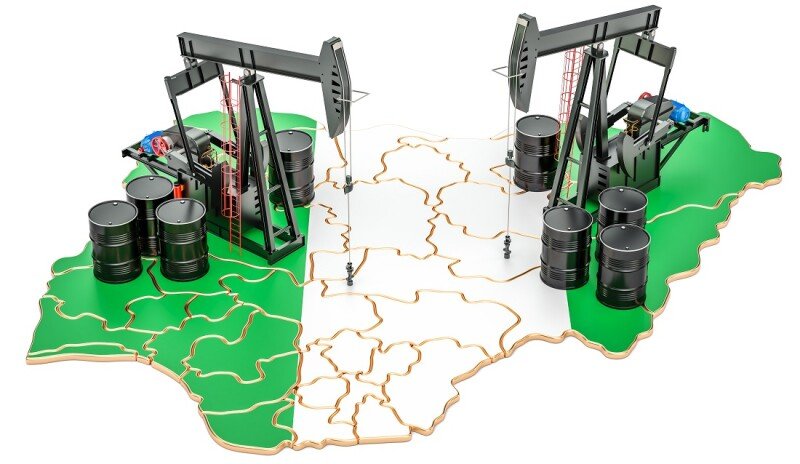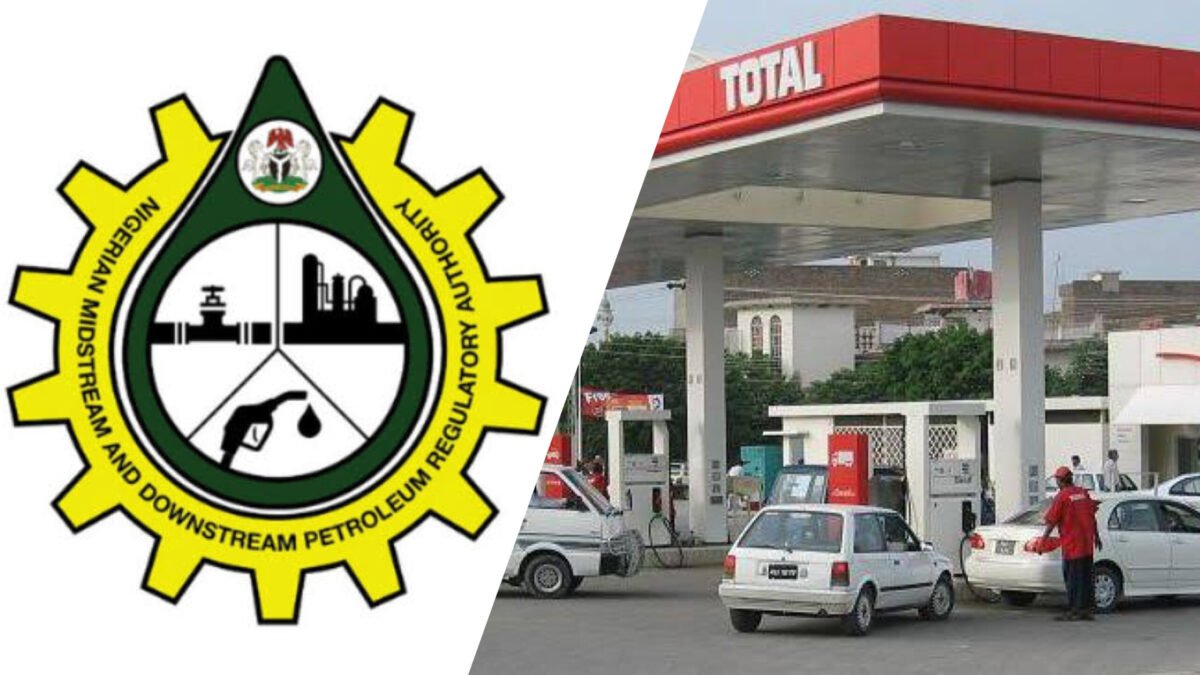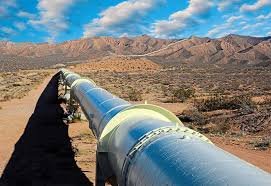Nigeria's Petroleum Industry Act 2021 (“PIA 2021”) has brought significant changes to the country's oil and gas sector. Part IV of this landmark legislation focuses on the administration of midstream and downstream gas operations, shedding light on licensing requirements, regulatory powers, and obligations of industry players. Let's delve into the key provisions of this pivotal part, which is overseen by the Nigerian Midstream and Downstream Petroleum Regulatory Authority (“NMDPRA”).
LICENSING REQUIREMENTS
Section 125 of the PIA 2021 outlines a comprehensive list of activities related to midstream and downstream gas operations that require licenses from the NMDPRA. These include establishing, constructing, or operating gas processing facilities, bulk transportation of natural gas, operating gas transportation networks, establishing terminals for importing or exporting natural gas, wholesale gas supply, construction or operation of petrochemical or fertiliser plants, retail gas trading, gas distribution, and the establishment of gas distribution networks.
REGULATORY POWERS OF THE AUTHORITY
The NMDPRA is empowered under Section 126 of the PIA 2021 to issue regulations governing midstream and downstream gas operations. These regulations can encompass a wide range of matters, including the establishment of a wholesale natural gas market scheme and other ancillary issues related to the aforementioned activities. This grants the authority the flexibility to adapt to evolving industry dynamics and ensure compliance with regulatory standards.
Rights of Way
Section 127 of the PIA 2021 ensures that licensees and permit holders have the right of way to lay, operate, and maintain pipelines, communication lines, and other essential infrastructure required for midstream and downstream gas operations. This provision facilitates the development and maintenance of crucial energy infrastructure across the country.
Gas Processing Licenses
Section 128 sets out the criteria and process for granting gas processing licenses. These licenses enable the operation of facilities such as gas conditioning plants and liquefied natural gas (LNG) plants. Factors such as economic feasibility and potential demand are considered when evaluating applications, ensuring efficient resource allocation.
Obligations and Conditions for License Holders
License holders, as stipulated in Sections 129 to 133, must adhere to various obligations and conditions. These include commitments to safe and environmentally sustainable operations, compliance with open access requirements, and the prevention of anti-competitive practices. Ensuring fair and transparent practices is at the core of these provisions.
Bulk Gas Storage and Gas Transportation
Sections 132 to 138 of the PIA 2021 deal with bulk gas storage licenses and gas transportation pipeline licenses. These licenses are granted based on economic feasibility and potential demand. License holders must provide access to their infrastructure, operate safely and efficiently, and avoid activities that could hinder competition. The Act also allows for the transformation of gas transportation pipelines into transmission pipelines upon request, promoting flexibility and adaptability.
Wholesale Gas Supply and Retail Gas Trading
Sections 142 to 147 introduce wholesale gas supply licenses and retail gas supply licenses, respectively. Wholesale gas suppliers must ensure reliable supplies, comply with competition regulations, and have specific powers to recover costs and terminate supply due to non-payment. Retail gas suppliers, on the other hand, must provide reliable services, promote competition, and adhere to safety and environmental standards.
Gas Distribution Licenses
Gas distribution licenses, detailed in Sections 148 to 152, enable the establishment, construction, and operation of gas distribution systems within defined local distribution zones. License holders must operate economically, ensure reliable distribution, and connect willing customers. Rights to enter premises for meter reading and cost recovery are also granted.
Domestic Gas Aggregation License
Section 153 introduces the domestic gas aggregation license, emphasizing the importance of preventing anti-competitive behaviour. The holder of this license supports the domestic gas delivery obligation, manages supply and demand, and ensures transparency in dealings with suppliers and customers. An escrow account is established to handle financial transactions.
Gas Pricing and Public Service Obligations
Sections 167 to 172 address gas pricing, public service obligations, and cost recovery mechanisms. The Authority conducts periodic pricing methodology reviews, ensuring transparency, reasonable returns, and non-discrimination in pricing. Public service obligations may be imposed on licensees, covering security of supply, economic development, environmental protection, and health and safety.
Determining Domestic Gas Demand
Under Section 173, the Authority determines the domestic gas demand requirement annually for strategic sectors. Wholesale customers have the right to negotiate supply contracts directly with lessees or suppliers, promoting market flexibility.
Conclusion
In summary, Part IV of Nigeria's Petroleum Industry Act 2021 is a comprehensive framework governing midstream and downstream gas operations. It establishes clear guidelines for licensing, regulatory oversight, and the rights and obligations of industry players. The provisions outlined in this part aim to promote transparency, competition, and the efficient development of Nigeria's gas resources, under the watchful eye of the NMDPRA.
As Nigeria continues to strive for energy security and sustainable economic growth, the effective implementation of these regulations will play a crucial role in shaping the future of its gas industry.
Written By: Chijioke Odu - Energy Law Practice




